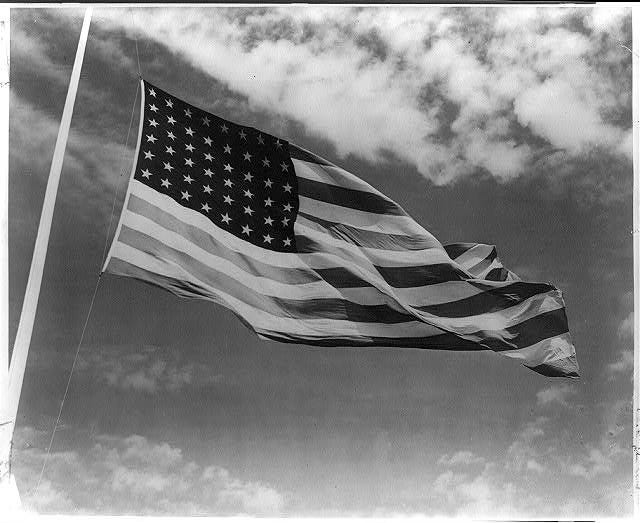The Case for American Power: November 11
Live Wisdom of Crowds debate in Washington, DC!
Join Wisdom of Crowds and Aspen Philosophy & Society on November 11 at Bistro Cacao for the Washington, DC launch of Shadi Hamid’s new book The Case For American Power, featuring a debate between Shadi, Damir Marusic, and Bernie Sanders’ former foreign policy advisor Matt Duss.
Grab your free tickets here.
What role should America be playing in the world?
In The Case for American Power (Simon & Schuster), Washington Post columnist and Wisdom of Crowds co-founder Shadi Hamid offers a deeply personal argument for why American dominance, despite its many flaws, remains the best hope for a more moral and just world. Matt Duss, who served as foreign policy advisor to Bernie Sanders, may disagree.
Come for drinks, food, friends, and an all out debate expertly moderated by Damir Marusic.
Pre-order your copy of The Case for American Power here and get a free 3-month paid subscription to Wisdom of Crowds (Message Shadi Hamid on Substack with your proof of purchase).
Hamid’s book has received early praise from Noah Feldman, Francis Fukuyama, and more. Feldman says: “Hamid is a patriot — in the self-critical hopeful tradition of Baldwin and King. In this intensely personal book, Hamid wills himself to optimism, realism, and reason and calls for an America worthy of its ideals.”
Shadi Hamid is a columnist at The Washington Post and a senior fellow at Georgetown University’s Center for Muslim-Christian Understanding. From 2023 to 2024, he served on the Post’s editorial board. Hamid is the author of several books, including The Problem of Democracy and Islamic Exceptionalism, which was shortlisted for the 2017 Lionel Gelber Prize for the best nonfiction book on foreign affairs. In 2019, he was named one of the world’s top fifty thinkers by Prospect magazine. Hamid lives in Washington, DC.
Matthew Duss is the executive vice president at the Center for International Policy. He served as foreign policy advisor to Senator Bernie Sanders (I-Vt) from 2017–2022,. He also served as foreign policy director for the Sanders 2020 presidential campaign. His writing has appeared in the New York Times, the Washington Post, Foreign Affairs, the New Republic, the Nation, the American Prospect, and many other publications.



Sadly, I'll miss this due to a prior engagement, but good sparring partners.
The question I would ask after reading the Post piece if I were there is why visualize world domination? Which is to say "dominance" implies even more brute power than "primacy" without implying the legitimating structures of "hegemony." Thus I don't think it meets the "can" test even before we debate the "should."
My own read is that U.S. hegemony's end could be traced to Liberation day as the President terminated the trade pillars of that structure. I do think that there's a possibility of new forms of hegemony, but I would argue that a strong alliance network supplemented by partnerships grounded in anti-domination would be a far more achievable base. Major Southeast Asian powers like Indonesia, Malaysia, Pakistan, and Thailand may not want to align with the U.S. bloc, but they also don't want to be dominated by China (or any other power). I think it's plausible that even with a robust E.U. this may require U.S. military spending at a notably higher level than Matt Duss would argue for, at least until such a time as global manufacturing becomes less China-centric. Nonetheless, even with present or higher spending levels, seeking to dominate the world with only a quarter of its income and a shrinking portion of its population is neither plausible nor prudent.
Totally read that Bernie would be there... then I read some more. I hope it's a good time, Congrats Shadi!